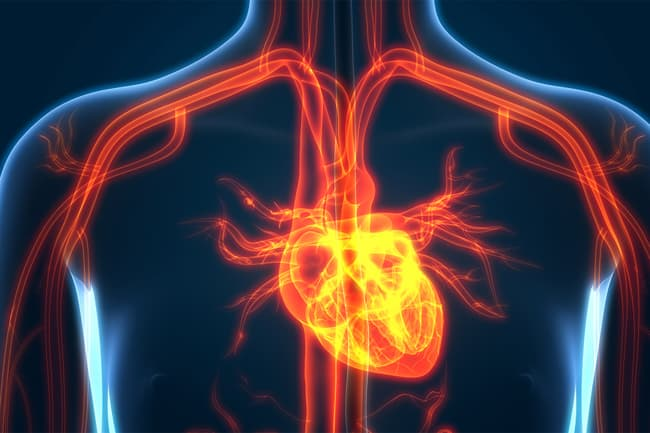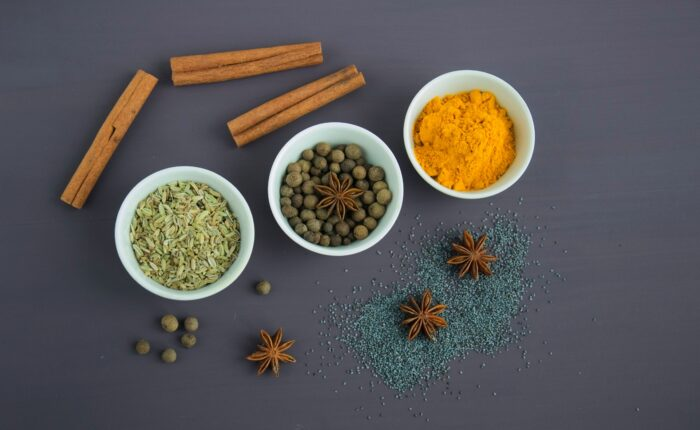
Age can affect every part of your body, especially your heart.
The older you get, the higher your chances of heart disease or a heart attack. In their 60s, about 20% of men and 10% of women have heart disease. By age 80, those numbers grow to 32% of men and nearly 19% of women.
If you wait until your 70s or 80s to start thinking about your heart health, it could be too late. As you age, your heart becomes stiffer and it doesn't beat as quickly as it once did when you exercise. Arteries that carry blood from your heart to your body also get harder, which could raise your blood pressure.
Daniel Forman, MD, chair of the Section of Geriatric Cardiology at the University of Pittsburgh Department of Medicine, says time is of the essence if you want to help your heart.
"In your 50s and 60s, you have an opportunity to keep your heart as healthy as it can be, so it has a much longer trajectory," he says.
Some things make you more likely to have heart disease, including:
- Uncontrolled high blood pressure
- High cholesterol
- Diabetes
- Smoking
- Excess weight
"A lot of these risk factors are modifiable. So we can actually change people's outlook," says John Dodson, MD, MPH, director of NYU Langone's Geriatric Cardiology Program. "I think prevention is a really important concept at any age."
A few small changes to your daily routine could make a big difference to your heart health.
Go With the Grain
No one diet will magically protect your heart from disease, but a few strategies can help.
"Moderation is really a key point," Forman says.
- Eat a balance of fiber-rich fruits, vegetables, and whole grains.
- Focus on good fats -- the kinds found in olive oil, fish, and avocado.
- Limit sugar and cholesterol.
- Avoid unhealthy saturated fats in desserts, red meat, and fried foods.
If you're looking for a pre-designed plan, both the Mediterranean and DASH (Dietary Approaches to Stop Hypertension) diets are high in heart-healthy omega-3 fatty acids.
"There's tremendous data that show people who eat diets like that tend to live healthier, and live longer," Forman says.
Move Your Body
Exercise is good medicine. Aerobic exercise makes your heart pump more efficiently. It also trims fat, so your heart doesn't have to work as hard to get blood out to your body.
Experts recommend that you do 150 minutes of moderate-intensity aerobic activity a week.
Walk, row, cycle, or swim: Just make sure the activity is something you enjoy, so you'll stick with it.
If 150 minutes of exercise a week is too much, do what you can.
"Do 30 minutes three times a week. Something is better than nothing," Dodson says.
Aerobic exercise is very healthy for your heart and blood vessels. But as you get older it's also important to add two sessions of muscle strengthening exercises each week.
"As you get older, muscles start to atrophy," Forman says. "Strength training is a way of keeping your muscles strong. And if you have more strength, you'll be better able to do aerobic exercise."
The combination of diet and exercise will also help keep your body mass index (BMI) in a healthy range. The greater your BMI, the higher your chance of heart disease.
Bust Stress
Chronic, day-to-day stress isn't good for your heart. It narrows arteries, raises blood pressure, and makes heart disease more likely.
Do whatever helps you beat back stress. Just make sure it's healthy.
Instead of reaching for comfort food or alcohol:
- Take a walk.
- Meditate.
- Get a good laugh from watching a movie.
- Confide in a counselor or a good friend.
Make sure you sleep enough, too.
"Sleep and stress are closely related," Dodson says.
Quiet your mind before bed by turning off all of your screens and reading a book, he suggests.
Butt Out
Smoking is one of the worst habits when it comes to your heart. The chemicals in tobacco smoke damage your heart and your blood vessels. That raises your odds of heart disease.
It's never too late to quit.
"There have been studies that show if you stop smoking in your 50s or 60s, and even in your 70s and 80s, there are health benefits," Forman says.
Know Your Numbers
Heart and blood vessel changes can sneak up on you, sometimes without any symptoms to warn you. That's why it's important to see your doctor or cardiologist regularly.
Go right away if you have:
- Chest pain
- Weakness
- Shortness of breath
You might need a stress test or another screening test for heart disease.
Stay on top of your numbers, too.
"Everybody should know their blood pressure, cholesterol level, and body mass index," Dodson says.
Depending on those figures, your doctor might want to test your coronary calcium. This will let them know if you have any calcium deposits in your arteries that could limit blood flow to your heart. That's a sign of early heart disease.






